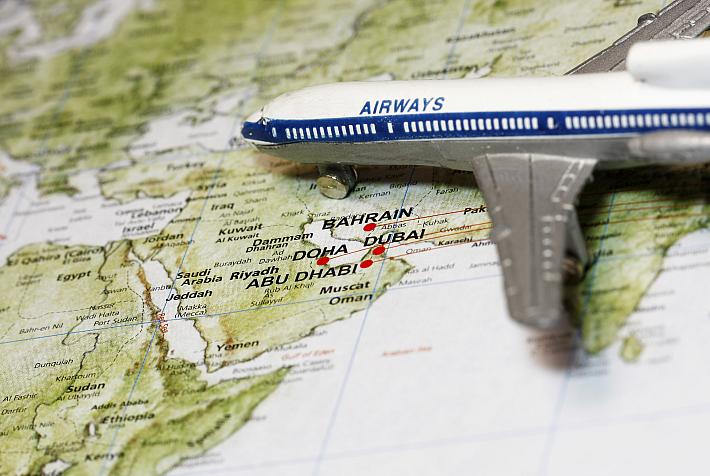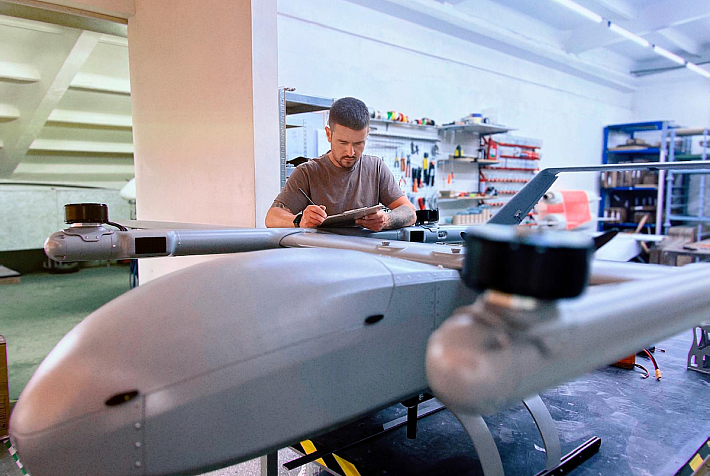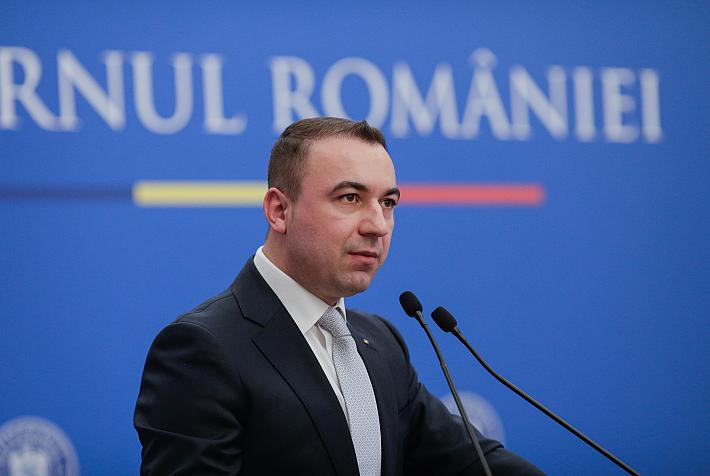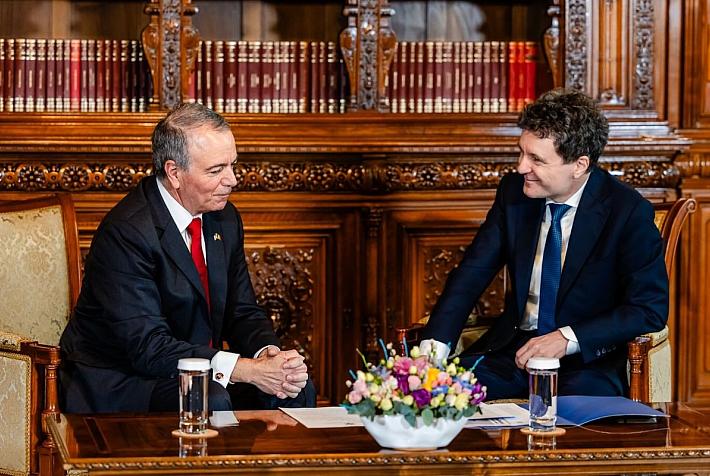Study: Smart technologies could bring EUR 0.5 bln to Romanian city
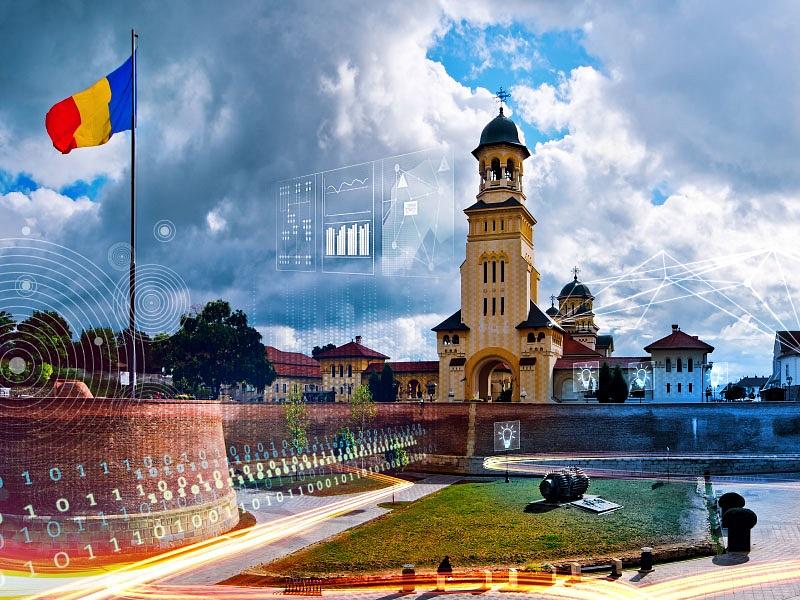
Implementing smart technologies could bring large profits to the city of Alba Iulia, central Romania.
The Smart Cities Research carried out by Siemens showed that implementing the smart technologies presented in this study would bring Alba Iulia direct and indirect benefits of EUR 532 million over a period of 35 years.
The Smart Cities Research was initiated last year and, besides Alba Iulia, it also included London and Aberdeen in the UK, Brussels in Belgium, and the Kartal district in Turkey. In Alba Iulia’s case, the study analyzed three priority areas, namely connectivity, transport and energy, tracing the investment directions, estimating the costs and benefits, and drawing up the next steps for the city.
“By including Alba Iulia in the global study "Smart Cities Research,” we are committed to demonstrating the concrete potential of a city in Romania to become a future city with a connected, open, environmentally friendly urban structure, with a low consumption of resources. Intelligent technologies can streamline traffic and reduce accidents, streamline energy consumption, or provide flexibility to industrial manufacturers,” said George Catalin Costache, CEO Siemens Romania.
When it comes to connectivity, the technologies analyzed in the study are geared towards improving the tourist experience, and increasing the number of visits and the amounts spent by tourists during their stay in Alba-Iulia. They include an integrated tourist platform, free extended Wi-Fi, electric bicycle rental service, geolocation and augmented reality beacons, and the possibility to get online tickets for public transport.
In terms of transportation, one of the technologies proposed in the study refers to operational sensors, which allow the collection of information from the transport infrastructure, helping to create an inventory of the assets and the condition they are in.
Moreover, real-time travel planning and intelligent parking systems are also technologies that would have a positive impact on the mobility of tourists and city dwellers. According to the Siemens study, a sensor system that would store the available parking spaces and then distribute the information to the users on GPS or directly to phones via an app would not only reduce traffic jams but it would also help drivers save 44,000 hours spent in traffic, the equivalent of EUR 860,000.
Smart technologies would also help the city save energy. Investing in an intelligent street lighting control system could be a very good idea on the short term, as it could generate 14GWh electricity savings, based on a 73% reduction in energy consumption for lighting, according to the study. In addition, in the long run, investments in smart grids would generate benefits of over EUR 300 million. Integrating renewable energy technologies in the grid or the use of smart meters are among the systems that bring important benefits.
To implement the smart technologies identified in the study, Alba Iulia would have to invest EUR 227 million, the research shows. However, over a period of 35 years, these technologies would bring the city benefits worth EUR 532 million.
Telekom launches smart city project in Constanta
Irina Marica, irina.marica@romania-insider.com
(photo source: Siemens Romania)







